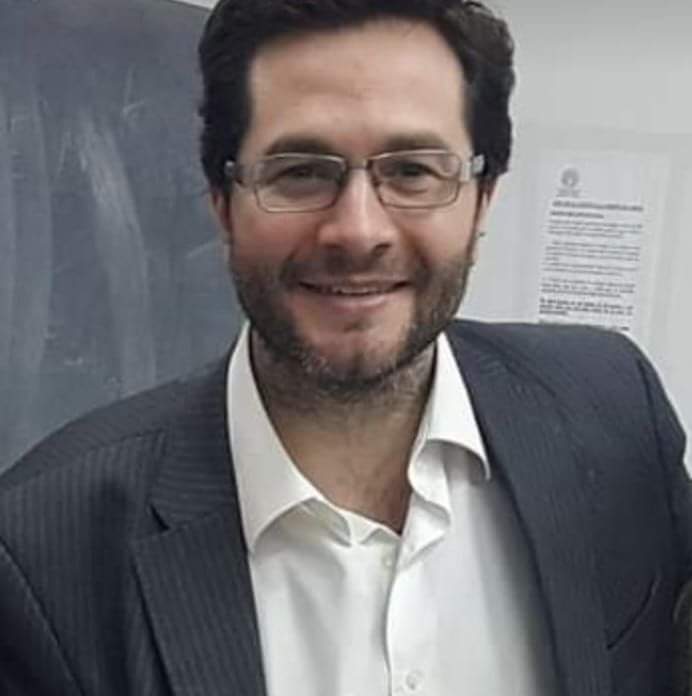
Provisional and promising bioethical conclusions on uterine transplantation
Elian Pregno1, Daniela Monticelli1.
1Facultad de Derecho, Universidad de Buenos Aires, Ciudad Autónoma de Buenos Aires, Argentina
Partial conclusions of a research still in progress on bioethical aspects of uterus transplantation at the Faculty of Law of the University of Buenos Aires (Argentina):

right-click to download
